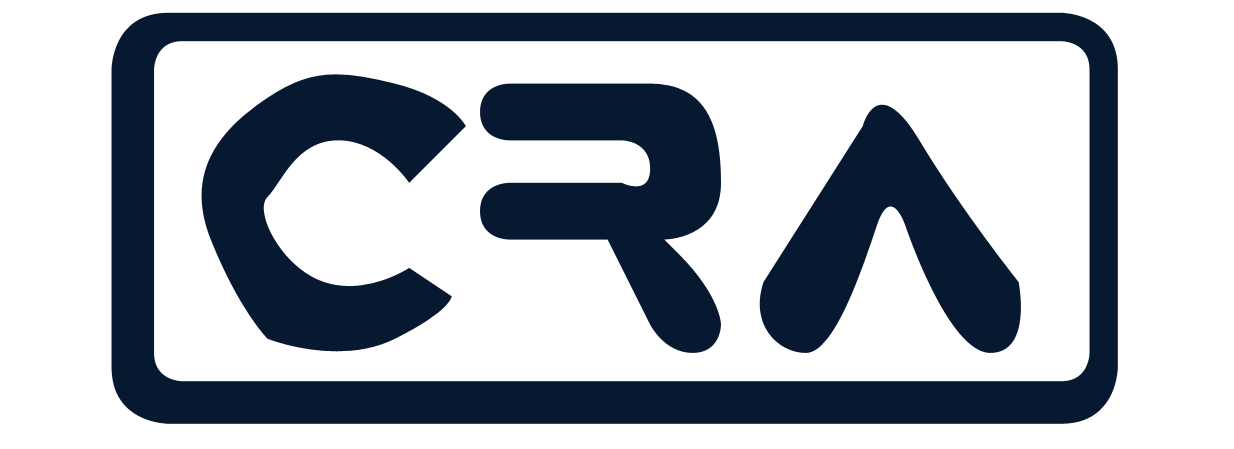The Aliyah Continuum Framework was developed to conceptualize and guide the CRA. The Aliyah Continuum Framework is built on the premise that families making Aliyah do better when they are fully prepared and supported to address needs or issues as they arise. The Framework emphasizes prevention and preparation because services and supports offered after Aliyah are often too late and do not serve the best interests of families. To achieve optimal Aliyah success, services and supports should be preventative in nature, and support efforts should focus on proactively identifying risk and protective factors and putting supports in place before difficulties burden the capacity of the family to address challenges.
Our research will identify pre- and post-Aliyah variables that contribute to post-Aliyah transition. Our data will provide definitive indicators offering a window into the process of successful Aliyah and a clear picture of how families are adjusting several years after making Aliyah. Information generated from our studies will be used to identify the specific support families need along the Aliyah Continuum Framework.

As the model above illustrates, in the pre-Aliyah phase, data will be used to identify the initial work families can engage in to lay a foundation that promotes successful Aliyah. The “stage setting” stage focuses on the critical period when children and adolescents are told about the family’s plan on making Aliyah and the stage is set for the upcoming move process. Our data will be used to identify the specific initial activities that must take place to prepare the family for Aliyah.
Services and supports in the “focused support” stage will be tailored to meet the needs of families that our data shows require more specialized support. This need may arise from challenges the family may have had prior to the decision of making Aliyah. Our data will be used to identify these pre-Aliyah challenges and the services and supports that can assist in maximizing Aliyah outcomes for this select group.
In the post-Aliyah phase, data will be used to identify the services and supports that are linked with successful integration after Aliyah. The “universal services” stage focuses on strategies that are delivered to a broad population, without consideration of the extent of family-specific risk or individual needs. These prevention efforts are targeted to all families making Aliyah and are proactive and preventive in nature. These strategies include outreach efforts and ongoing systematic plans for engagement intended to reduce Aliyah disruptions by connecting families to services and by educating parents about potential post-Aliyah issues that might arise over time as their children develop. These interventions are also aimed to reassure families that they are not alone in their Aliyah journey and that they can continue to obtain support and services moving forward.
“Selective services” are designed for the sector of new immigrants with a potential of developing transition difficulties based on our study findings. Interventions in this phase will target families whose family characteristics have been suggested by the research as putting these families at elevated risk for post-Aliyah disruption. Our data will be used to identify the beneficial interventions for this stage.
Our data will also be used to identify post-Aliyah long-term variables that impact successful transition. This information will be used to highlight “maintenance and follow-up” services and supports to ensure that success is maintained. This is particularly relevant for families who have received selective services because they may need continued supports to ensure their progress is sustained.
